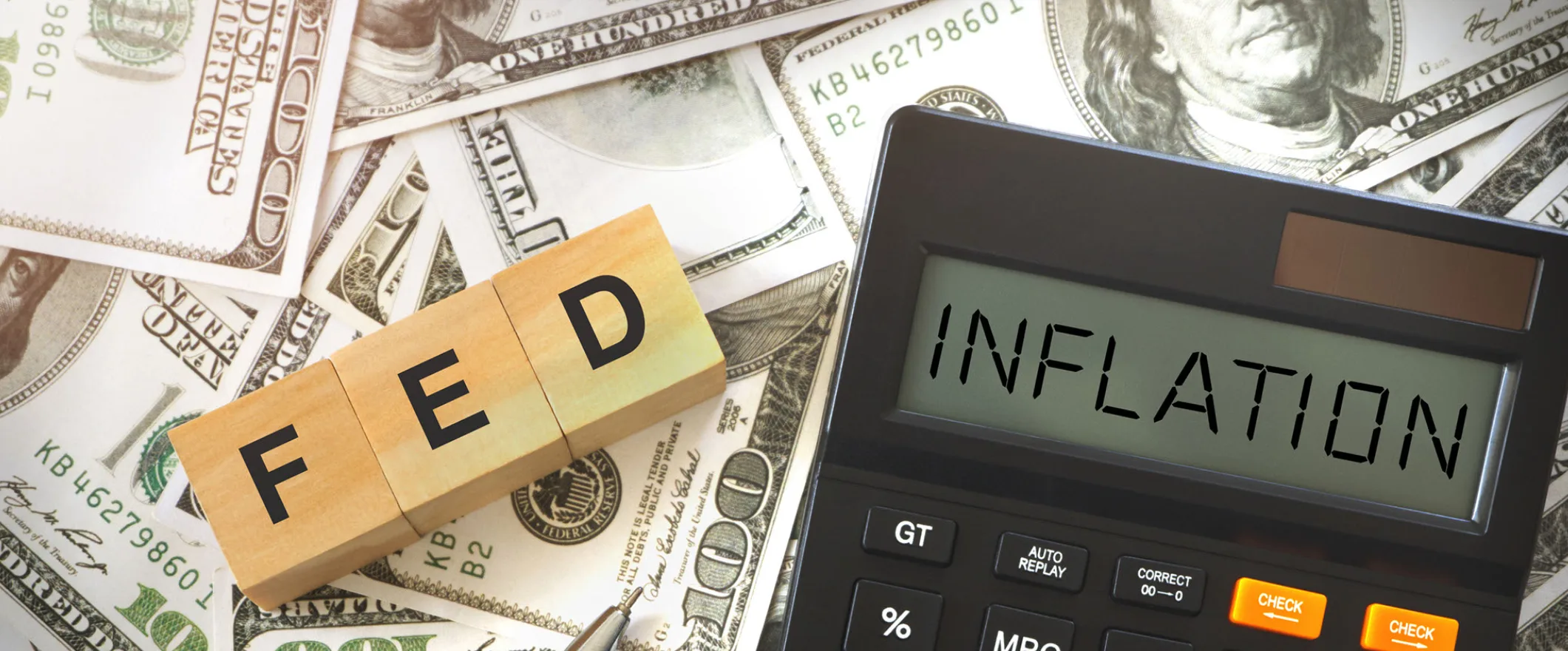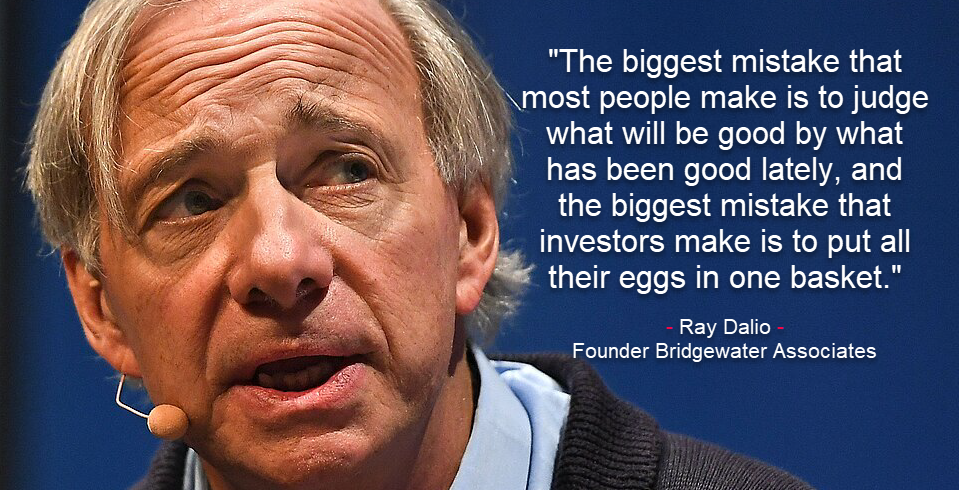Inflation is a term that often pops up in news headlines, financial reports, and everyday conversations. But what exactly is inflation, and how does it affect you and me, the average American consumers? Let’s break it down in a straightforward manner.
What is Inflation?
In simple terms, inflation is the rate at which the general level of prices for goods and services rises, and, consequently, the purchasing power of currency falls. Imagine you could buy a loaf of bread for $2 last year, but this year, the same loaf costs $2.20. The increase in price is a result of inflation.
Causes of Inflation
Several factors can cause inflation, but they mainly fall into two categories: demand-pull inflation and cost-push inflation.
- Demand-Pull Inflation: This occurs when demand for goods and services exceeds supply, causing prices to rise. It’s like when everyone wants the latest smartphone, and the price goes up because there aren’t enough phones for everyone who wants one.
- Cost-Push Inflation: This happens when the costs of production increase, leading to higher prices for the finished goods. An example is when the price of oil goes up, it costs more to transport goods, so the prices of these goods increase too.
How Inflation is Measured
The most common measure of inflation is the Consumer Price Index (CPI). The CPI measures the average change over time in the prices paid by urban consumers for a market basket of consumer goods and services.
Impact of Inflation on the Average American Consumer
Inflation affects various aspects of our lives, from what we can afford to how much we save. Here are a few key impacts:
Purchasing Power
Inflation reduces the purchasing power of your money. This means that over time, the same amount of money will buy fewer goods and services. If your income doesn’t increase at the same rate as inflation, you might find it harder to maintain your standard of living.
Cost of Living
As prices rise, the cost of living increases too. This can affect everything from groceries and gas to rent and healthcare. Higher costs of living can strain your budget, especially if your income doesn’t keep pace with rising prices.
Savings and Investments
Inflation can erode the value of your savings. If the interest rate on your savings account is lower than the rate of inflation, the real value of your savings decreases over time. This makes it crucial to consider investment options that can outpace inflation.
Loans and Mortgages
There’s a silver lining for those with fixed-rate loans or mortgages during inflationary times. As inflation rises, the real value of what you owe decreases. However, if you’re looking to take out a new loan or mortgage, inflation can lead to higher interest rates, making borrowing more expensive.
Coping with Inflation
While you can’t control inflation, you can take steps to mitigate its impact:
- Budget Wisely: Keep track of your spending and prioritize essential expenses. This can help you adjust to rising costs without overspending.
- Save and Invest: Look for savings and investment opportunities that offer returns above the inflation rate. This might include stocks, bonds, or real estate.
- Increase Your Income: Consider ways to boost your income, such as asking for a raise, pursuing additional training or education, or taking on a side job.
- Shop Smart: Look for deals, use coupons, and consider generic brands to stretch your dollar further.
In conclusion, inflation is a complex economic phenomenon that affects the prices of goods and services, thereby impacting the average American consumer’s purchasing power, cost of living, savings, and borrowing costs. By understanding what inflation is and how it works, you can better prepare and protect your financial well-being against its effects. Remember, managing your budget wisely, saving and investing with inflation in mind, and seeking additional income sources can help you navigate the challenges of inflation more effectively.
Stay up to date on other relevant news in our “Stock Market” section.





